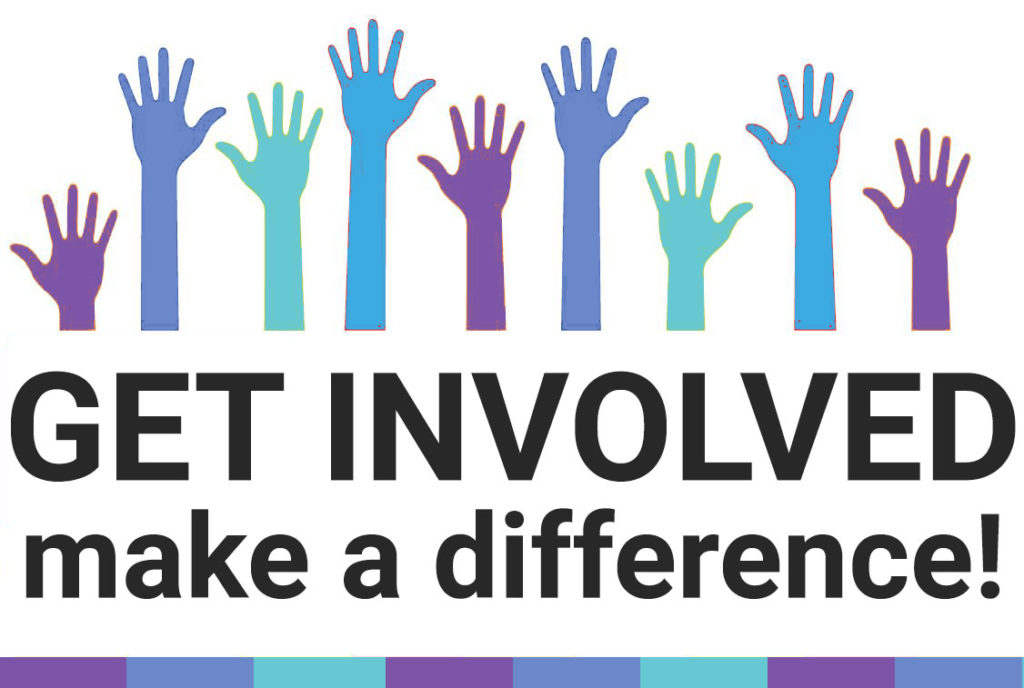Caregiver Burnout
During the novel Coronavirus (COVID-19) pandemic, individuals throughout the country continue to
offer extra care to their loved ones so that they do not fall prey to Coronavirus infection. One of their
major concern is to ensure that their loved ones stay healthy, especially if they are
Immunocompromised, like in the case of cancer patients who are under treatment or those who have
completed the treatment; or elderly and those with co-morbidities like diabetes and hypertension.
This unprecedented time can lead to caregivers feeling added stress and pressure. These concerns are piling up to cause caregiver burnout.
What Are the Symptoms of Caregiver Burnout?
- Withdrawal from friends and family
- Loss of interest in activities previously enjoyed
- Feeling blue, irritable, hopeless, and helpless
- Changes in appetite, weight, or both
- Changes in sleep patterns
- Getting sick more often
- Emotional and physical exhaustion
Irritability
How can one avoid caregiver burnout?
- Talking to others about your feelings – Find someone you trust such as a friend, co-worker, or neighbor to talk to about your feelings and frustrations.
- Asking for help- Set realistic goals, accept that you may need help while giving care and turn to others for help with some tasks.
- Be realistic – Be realistic about your loved one’s disease, especially if it is a progressive disease.
- Talk to relevant experts.
- Taking care of your mind and body-Don’t forget about yourself.
- Taking out some time for yourself is necessary.
- Focusing on things such as eating well, exercising, hydrating, and getting enough sleep can all have a positive impact on your well-being.
- Talk to a professional
- Educate yourself- The more you know about the illness, the more effective you will be in caring for the person with the illness.
- Develop new tools for coping-Remember to lighten up and focus on positive thoughts.
- Use humor to help deal with everyday stresses.
Places and people that can help are as follows.
- Home health service
- Adult day care
- Nursing homes or assisted living facilities
- These are unprecedented times our patients and relatives need all the help and guidance possible.
- We at MOC feel it’s our obligation to help not only our patients but also their loving relatives.
Books in 11 different languages can be found on
https://jascap.org/cancer-books-pdf/


